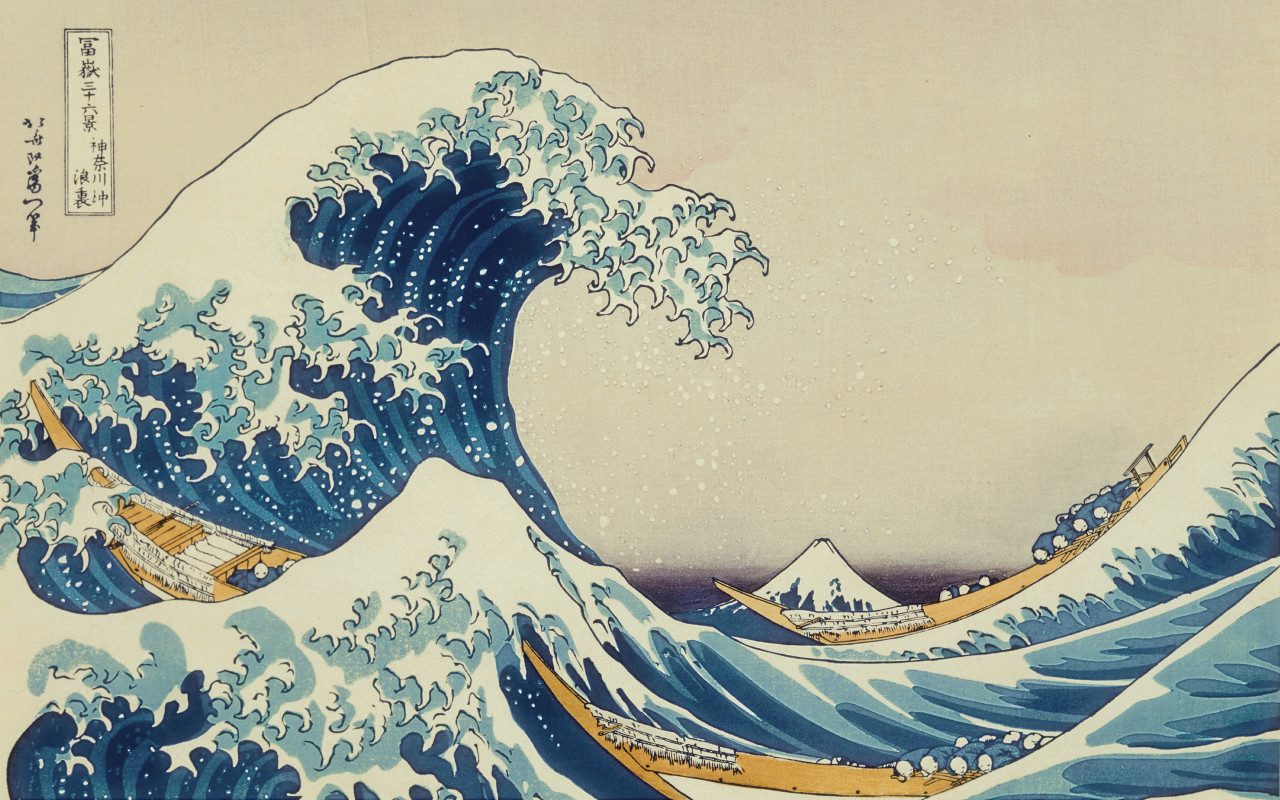In this project, our topic is Fukushima nuclear meltdown. I was taking charge for future nuclear use and implications. And I did my research online about the nuclear use in Japan after Fukushima disaster. Personally, I think Japan should quit nuclear electricity in the future like what Germany did. It worthy to mention that Fukushima accident is more like a blasting fuse for Germany to quit nuclear power in electricity production. In my perspective, the real reason for Germany to quit is their energy policy: developing renewable sources of energy. However, every country have their own specific national conditions. It is not something we can explain clearly in one article.
Back to Japanese case. In 2010, just before the triple disaster, the nuclear power contributed 33% electricity production for this island country, and it took accounts for 10% of global nuclear electricity production. Furthermore, according to The Institute of Energy and Economics Japan, the cost of electricity production in 2012 is 30 billion us dollar more than the cost of 2010 due to the increasing importation of fossil fuel. The more fossil fuel also means a higher emission.
Thereby, in April 2014, the Liberal Democratic Party cabinet passed Japan’s new energy plan, in which nuclear power was called “ the most important power source”. This plan declared the basic principles of Japan’s energy policy as “safety”, “energy security”, “improving economic efficiency,” and “environment suitability” (Agency for Natural Resources and Energy, 2014). Furthermore, the government decided to reopen the nuclear plants for “a realistic and balanced energy structure” (The Japan Times, 2014). In June of 2015, the New Nuclear Regulatory Agency approved 24 units (of 54 pre-Fukushima units) to restart. In my opinion, Japanese government had to restart the nuclear plants due to the conditions of the nation although the public as well as working group in energy sector have the fear about the nuclear power.
What is more I want to share is my personal experience. The high school that I attended in China is a foreign languages high school. Generally speaking, the general high school in China only teach English as foreign language. But in my high school, you can choose one of English, German, French or Japanese as the foreign language to study. Some of my mates choose Japanese and they intended to study in Japan for higher education. But after the triple disaster, most of them gave up their plan to Japan due to the nuclear disaster and nuclear pollution. And most of them are studying in English-speaking countries now. Based on this, I think Japan lost a series of incoming due to the triple disaster, like: education industry, tourism, foreign investment etc… Most importantly, I think the slow and inappropriate response to nuclear disaster also humiliate the imagine of Japan in global stage. Thereby, there are a series of industry of Japan need to rebuild and recover.
Public and media all around the world criticize the sluggish and unconscionable response of Japanese government and Tokyo Electric Power Company in this disaster. Therefore, I suggest a quick response protocol be implemented. The communication between electricity companies and government, as well as communication between local and central government should be more efficient and direct. In addition, investment should be made in preventing natural disasters and their effects.
Moreover, Japan may need to change the structure of its energy for a sustainable future. But after this significant disaster, Japanese government need to consider safer and more diverse energy sources. Hydro and wind are generally regarded as a clean and safe method to produce electricity. However, the hydro resources in Japan is not enough to produce as much electricity as nuclear can. Furthermore, in currently stage, the technology of wind-electricity is not advanced as expected. There is still a long way for Japanese to go in the road of new energy exploring.
Sources:
Agency for Natural Resources and Energy, (2014). Cabinet Decision on the New
Strategic Energy Plan. Retrieved November 26th, 2017 from
http://www.meti.go.jp/english/press/2014/0411_02.html
The Japan Times, (2014). Reflect on Fukui nuclear ruling. Retrieved November 26th,
2017 from https://www.japantimes.co.jp/opinion/2014/05/23/commentary/reflecton-
fukui-nuclear-ruling/#.WhudE7Q-djc
Huenteler, J. Schmidt, T. S. Kanie, N. (2012). Japan’s post- Fukushima challenge –
implications from the German experience on renewable energy policy. Energy
Policy 45 (2012) 6-11.
eneken.ieej.or.jp/en/genre_general.php
https://en.wikipedia.org/wiki/Nuclear_power_in_Japan
